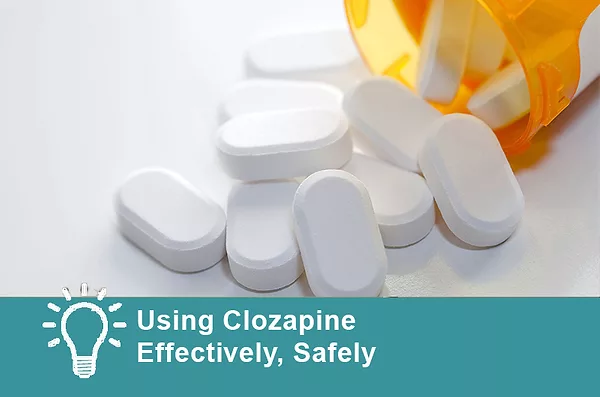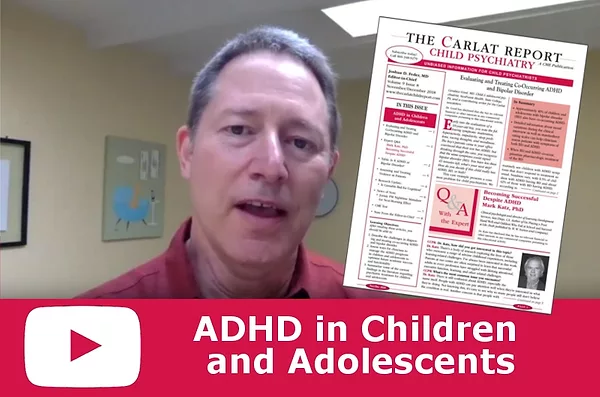Articles Tagged with ''psychopharmacology''
Medications for Depression
 Martha J. Ignaszewski, MD
Martha J. Ignaszewski, MD
Chief Fellow, Clinical Fellow in Psychiatry at Boston Children’s Hospital
Dr. Ignaszewski has disclosed that she has no relevant financial or other interests in any commercial companies pertaining to this educational activity.
Prescription CBD Is Available, But Are We Ready to Use It?
 Chris Aiken, MD
Editor-in-Chief of The Carlat Psychiatry Report. Practicing psychiatrist, Winston-Salem, NC.
Dr. Aiken has disclosed that he has no relevant financial or other interests in any commercial companies pertaining to this educational activity.
Chris Aiken, MD
Editor-in-Chief of The Carlat Psychiatry Report. Practicing psychiatrist, Winston-Salem, NC.
Dr. Aiken has disclosed that he has no relevant financial or other interests in any commercial companies pertaining to this educational activity.Deprescribing Medication
 Barbara Farrell, PharmD
Barbara Farrell, PharmD
Assistant Professor, Department of Family Medicine, University of Ottawa and Adjunct Assistant Professor, School of Pharmacy, University of Waterloo. Co-founder of the Canadian Deprescribing Network. Dr. Farrell has disclosed that she has no relevant financial or other interests in any commercial companies pertaining to this educational activity.
Effects of Drug Interactions
 Neil Sandson, MD.
Neil Sandson, MD. Clinical Associate Professor, Department of Psychiatry at University of Maryland School of Medicine
Dr. Sandson has disclosed that he has no relevant financial or other interests in any commercial companies pertaining to this educational activity.
Ask the Editor: Three Significant Food Interactions with ADHD Medications
 Chris Aiken, MD.
Chris Aiken, MD.
Editor -in-Chief of The Carlat Psychiatry Report. Practicing psychiatrist, Winston-Salem, NC. Dr. Aiken has disclosed that he has no relevant financial or other interests in any commercial companies pertaining to this educational activity.






_-The-Breakthrough-Antipsychotic-That-Could-Change-Everything.webp?t=1729528747)



